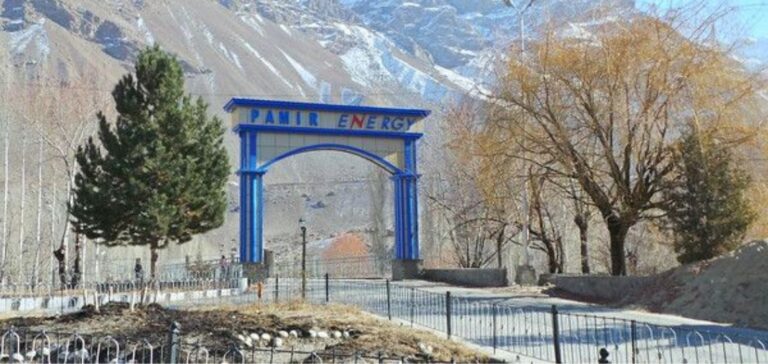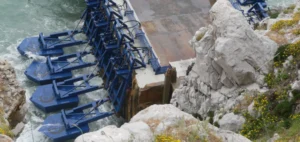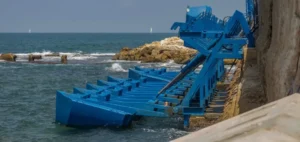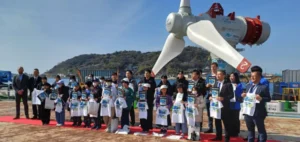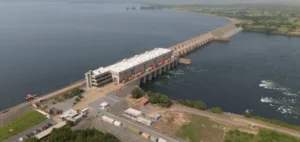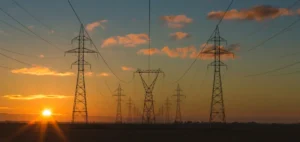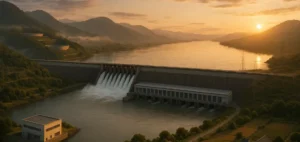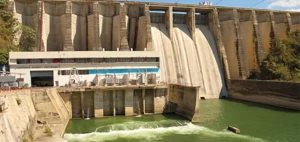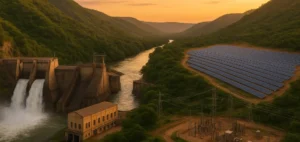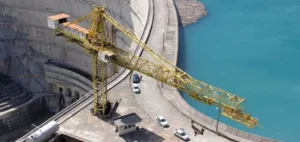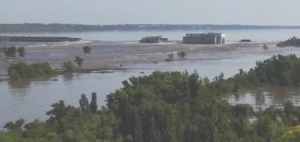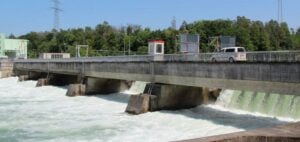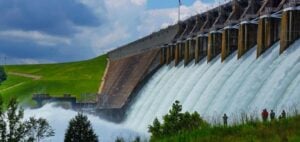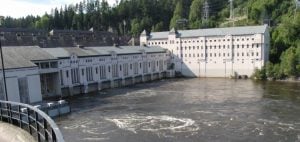Pamir Energy is setting an example for sustainable hydropower. Pamir Energy’s 11 MW hydroelectric project in Sebzor, Tajikistan, is the first project in the world to be certified under the Hydropower Sustainability Standard. This certification is a testament to the company’s efforts to meet and exceed best practices in sustainable development.
Pamir Energy receives Hydropower Sustainability Standard certification for its sustainable hydropower
The Hydropower Sustainability Standard is the independent sustainability certification system for the hydropower industry. It accredits hydropower projects that meet and exceed best practices in a wide range of sustainability-related areas. By obtaining this certification, Pamir Energy is setting an example of sustainable hydropower development not only in Tajikistan, but also worldwide.
Pamir Energy’s efforts to achieve the highest standards of sustainability
“We are proud to lead the way in sustainable hydropower development in Tajikistan and beyond. As part of our efforts to continue to achieve the highest standards of sustainability, we are already working towards achieving Gold certification from the Hydropower Sustainability Standard,” said Amrikhon Raimov, Pamir Energy’s general manager.
Pamir Energy is committed to providing clean, reliable and affordable energy while protecting the environment and supporting the communities it serves. The Sebzor hydroelectric project is just the beginning of their journey to a sustainable future.
The Swiss State Secretariat for Economic Affairs’ support for sustainable hydropower
The support of the Swiss State Secretariat for Economic Affairs (SECO) and its Hydropower ESG (HESG) Assessment Fund made Sebzor’s assessment possible. The latter was one of the first beneficiaries of this fund, which aims to increase the sustainable development of hydropower by supporting the assessment of environmental, social and governance (ESG) risks and opportunities.

